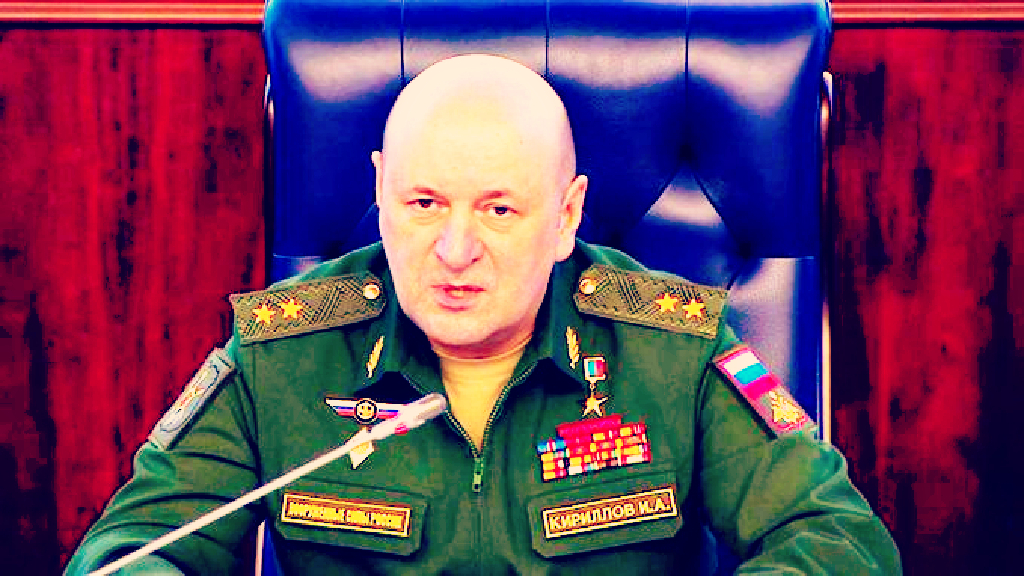On December 17, 2024, the tension between Ukraine and Russia escalated dramatically following the assassination of Lieutenant General Igor Kirillov, Russia’s head of Radiological, Chemical, and Biological Defense, through an improvised explosive device (IED) targeting him on Moscow’s Ryazansky Prospekt. The attack, claimed by Ukrainian intelligence services, utilized an electric scooter that served as a detonator, resulting in Kirillov’s death and that of his assistant. This bold act took place close to the Kremlin and has been interpreted as part of a broader strategy by Ukraine to employ asymmetrical warfare tactics, akin to terrorism, to destabilize Russian military leadership.
In the aftermath of the blast, the Russian Investigative Committee launched a criminal investigation into the incident, aiming to identify the perpetrators responsible for this major attack on a high-ranking military official. The explosion itself involved a significant amount of explosives—200 grams of TNT—demonstrating a level of sophistication indicative of organized, state-sponsored action rather than random violence. Surveillance footage from the area is being scrutinized to gather evidence and shed light on the circumstances surrounding the bombing.
Lieutenant General Kirillov was a controversial figure within the Russian military establishment, known for his vocal support of using chemical weapons in military operations against Ukrainian forces. He had publicly linked Western nations and NATO to bioweapons labs in Ukraine, which inflamed tensions and fueled rhetoric around the conflict. His assassination raises alarm bells in Moscow, not just due to the loss of a strategic military leader but also because it symbolizes a dire threat to Russian domestic security and military operations.
In response to Kirillov’s assassination, officials within the Russian government, including Dmitry Medvedev, the Deputy Chairman of the Security Council of the Russian Federation, have vowed swift and severe retaliation against Ukrainian leadership. Medvedev’s declarations emphasized a belief that those responsible, labeled as “Bandera Nazis,” would face dire consequences for their actions. Such rhetoric suggests that the Kremlin may target high-ranking Ukrainian politicians and military personnel in response, further escalating an already volatile situation between the two nations.
The cycle of retaliation predicted in the wake of this assassination threatens to deepen the ongoing conflict, with both sides likely emboldened in their tactics. For Ukraine, the killing of a significant Russian general may serve as a morale booster, reinforcing their capabilities in asymmetric warfare against a larger adversary. However, from Russia’s perspective, the assassination could be seen as an existential threat that necessitates drastic measures to preserve military honor and maintain political stability.
Overall, the incident underscores the intense and violent nature of the conflict between Ukraine and Russia, highlighting how individual acts of violence can reverberate through the political and military landscapes of both countries. As investigations proceed and retaliation looms, the strategic calculus for both governments will evolve, potentially leading to further escalations, increased casualties, and a more entrenched stalemate in the ongoing war. This incident exemplifies the messy and unpredictable nature of modern warfare, where targeted assassinations and counter-attacks can significantly alter the balance of power.

